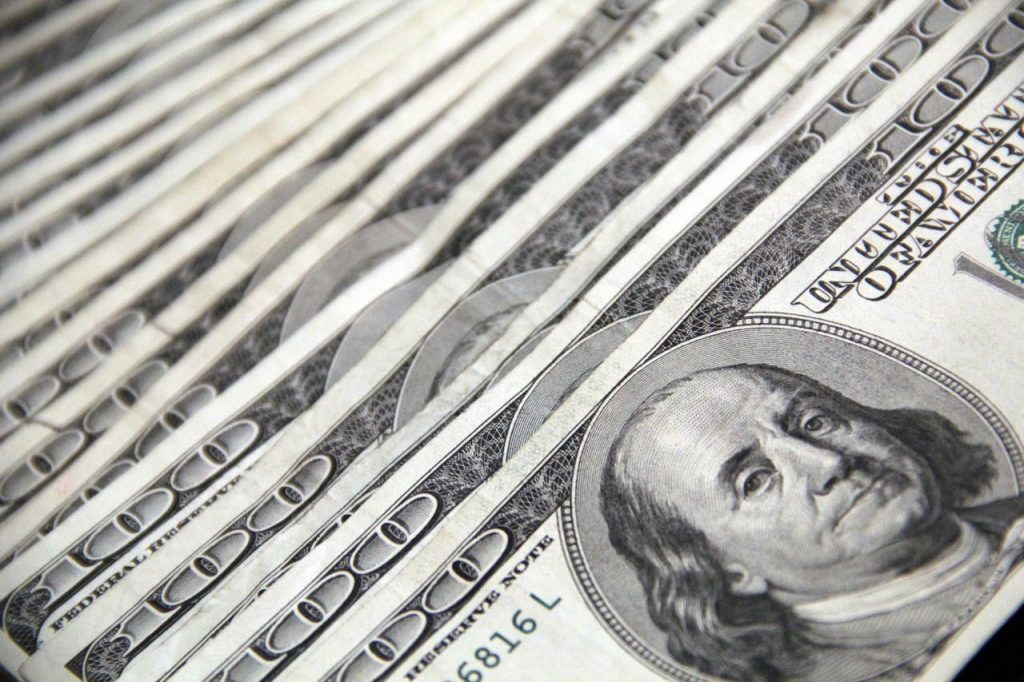
Image source: pexels.com
It’s tempting to keep a stash of bills tucked away at home, just in case. Emergencies happen, and cash can come in handy if the power goes out or your debit card stops working. But while a little liquidity is wise, keeping too much cash at home can actually put your finances—and your peace of mind—at risk. Most people are unaware of the hidden dangers associated with storing large amounts of money in a drawer, safe, or even under the mattress. It’s not just about theft. Other surprising risks can affect your financial security and future goals. If you’re considering holding on to extra cash at home, here are seven reasons to think twice.
1. Theft: A Prime Target for Burglars
Keeping too much cash at home makes your house a more attractive target for thieves. Unlike jewelry or electronics, cash can’t be traced or returned if it’s stolen. Even if you have a safe, determined burglars may still find a way. Insurance policies often have strict limits on how much cash they’ll reimburse—usually just a few hundred dollars. If you lose a significant amount, it’s unlikely you’ll recover it. This risk of loss is one of the biggest reasons to reconsider storing large sums at home instead of in a bank account.
2. Fire and Natural Disasters: Cash Can Go Up in Smoke
Fires, floods, and other disasters can quickly destroy cash. Unlike digital records or bank balances, physical money has no backup. You won’t get compensation from most insurance companies for cash lost in a fire or flood. Even a well-hidden stash isn’t safe from water or smoke damage. If you live in an area prone to natural disasters, keeping too much cash at home puts your emergency fund at real risk.
3. Lack of Interest: Missing Out on Growth
One of the biggest financial risks of keeping too much cash at home is missing out on potential interest or investment gains. Money sitting in a safe or drawer isn’t earning anything. Over time, your purchasing power erodes due to inflation. By keeping your cash in a high-yield savings account or other secure financial products, you can let your money work for you. For example, high-yield savings accounts offer better returns than keeping cash at home, even in today’s low-rate environment.
4. Temptation to Overspend
Easy access to cash can make it harder to stick to your budget. Having large sums within reach may tempt you or family members to dip into your savings for non-essential purchases. Without the small barriers that banks provide, you may find your cash reserve shrinking faster than you expect. When money is out of sight in a bank account, it’s easier to keep your savings goals intact.
5. Limited Protection from Fraud and Loss
While keeping too much cash at home might feel safe from cybercrime, it actually leaves you exposed to other kinds of losses. Banks offer protections like FDIC insurance for deposits up to $250,000. If your cash is stolen or destroyed at home, there’s little recourse. Modern financial institutions also provide fraud monitoring and can reimburse you for unauthorized transactions, adding a layer of protection you just can’t get with a pile of bills under your mattress.
6. Complicating Your Estate and Taxes
If something happens to you, your family may not know about the cash you’ve hidden. This can create confusion and even legal issues during estate settlement. Unreported cash can also create problems with taxes, mainly if large amounts are found after your death. Being open about your assets and keeping them in traceable accounts makes things much simpler for your loved ones.
7. Security Risks: Trust Issues and Stress
Storing large amounts of money at home can create stress. You may find yourself worrying about who knows or feeling uneasy about sharing the information with anyone. This can lead to trust issues within your household or with visitors. The constant need to check on your cash, or anxiety about losing it, can take a toll on your mental well-being. Over time, this stress outweighs any comfort you get from having quick access to cash.
Balancing Safety and Access to Emergency Funds
Keeping too much cash at home may seem like a safe bet, but the risks often outweigh the benefits. A small emergency fund—maybe enough for a few days’ expenses—makes sense in case of power outages or short-term disruptions. For larger amounts, banks and credit unions provide far better protection, accessibility, and growth potential. Remember, your financial security depends on more than just having cash nearby. It’s about ensuring your money is safe, growing, and easily accessible when you or your family truly needs it.
Do you keep cash at home, or do you prefer digital security? Share your thoughts and experiences in the comments below.
What to Read Next…
- 5 Invisible Service Charges Eating Into Your Bank Balance
- Could a Bank Freeze Your Account Without Telling You?
- What Are Banks Really Doing With Your Personal Spending Data?
- 7 Bank Terms That Let Institutions Freeze Funds Without Warning
- 7 Legal Loopholes That Let Authorities Freeze Assets Without Warning

Travis Campbell is a digital marketer/developer with over 10 years of experience and a writer for over 6 years. He holds a degree in E-commerce and likes to share life advice he’s learned over the years. Travis loves spending time on the golf course or at the gym when he’s not working.
Leave a Reply